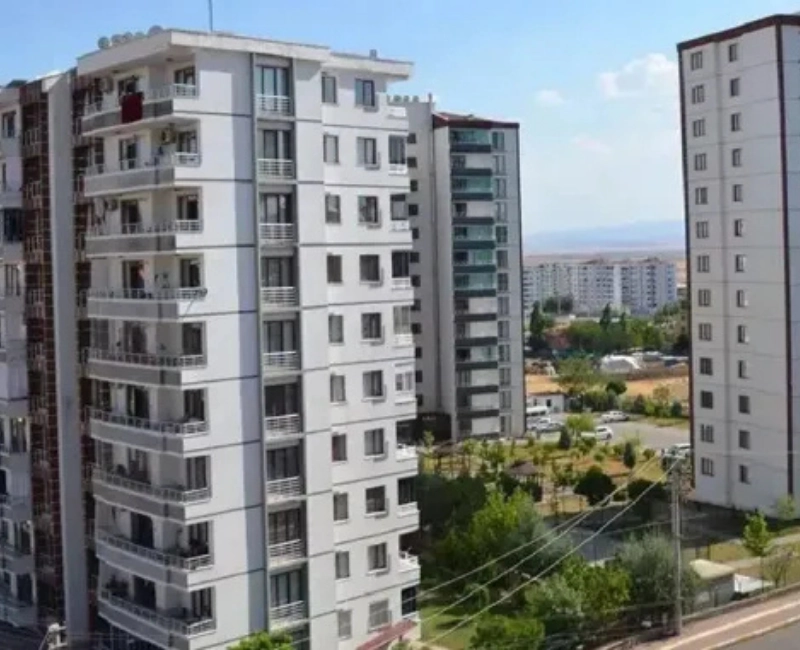Istanbul's New Era: Social Rental Housing Program Begins
What does Istanbul's new social rental housing program mean for residents? Why is this initiative being launched now, and how will it impact the city's housing crisis? These questions are at the forefront as Istanbul takes a bold step toward addressing affordability and accessibility in one of the world's most dynamic real estate markets.
Understanding Istanbul's Social Rental Housing Initiative
The Istanbul Metropolitan Municipality has launched a groundbreaking social rental housing program aimed at providing affordable living spaces to low- and middle-income families. This initiative comes as a response to skyrocketing rental prices that have made Istanbul increasingly unaffordable for many residents. The program will offer apartments at below-market rates, with priority given to essential workers, young professionals, and families facing financial hardship.
A real-world example can be seen in the pilot project in the Esenler district, where 500 units are being allocated through a lottery system. Applicants must meet specific income criteria and demonstrate Istanbul residency for at least five years. The rents are set at approximately 40-50% below market value, with contracts guaranteeing stable rates for three-year periods.
The Driving Forces Behind the Program
Several critical factors have led to this initiative's development. Istanbul's population has grown by nearly 20% in the last decade, while wages have failed to keep pace with housing inflation. The average rent-to-income ratio in Istanbul now exceeds 50%, pushing many residents to the city's peripheries or into substandard living conditions.
The economic aftermath of recent earthquakes in Turkey has further exacerbated housing shortages, with many displaced families relocating to Istanbul. Additionally, the municipality aims to prevent gentrification from completely displacing traditional communities in historic neighborhoods like Fatih and Beyoglu.
How the Application Process Works
Prospective tenants must navigate a multi-step application process designed to ensure fairness and transparency. The system involves:
- Online pre-application through the municipality's housing portal
- Documentation of income, employment, and residency status
- A points-based evaluation system prioritizing certain demographics
- Final selection through computerized lottery for qualified candidates
Successful applicants in the first phase reported waiting periods of 6-8 months between application and move-in dates. The municipality has established neighborhood offices to assist residents with paperwork and digital literacy requirements.
Financial Structure and Long-Term Viability
The program's financial model represents an innovative public-private partnership. Construction costs are partially offset by:
- Municipal land contributions
- Tax incentives for developer participation
- Cross-subsidization from market-rate units in mixed developments
- European Union urban development grants
Rental income covers maintenance costs while keeping units affordable. A revolving fund ensures the program's sustainability, with profits from some developments financing new projects in underserved districts like Sultangazi and Kartal.
Impact on Istanbul's Real Estate Market
Early indicators suggest the program is already influencing broader market dynamics. Areas with concentrated social housing developments have seen:
- 5-8% moderation in private rental price increases
- Increased commercial development to serve new residential communities
- Improved transportation infrastructure planning
However, critics argue the current scale (10,000 units planned by 2025) remains insufficient for a city of 16 million. The municipality has responded by announcing plans to convert underutilized public buildings into additional housing stock.
Future Expansion and Challenges
Looking ahead, officials envision expanding the program to include:
- Student housing near major universities
- Senior living communities with healthcare access
- Mixed-income developments to prevent economic segregation
Key challenges include maintaining construction quality at reduced costs, preventing bureaucratic delays in unit allocation, and ensuring equitable geographic distribution across Istanbul's 39 districts. The program's success may serve as a model for other Turkish cities facing similar housing pressures.






